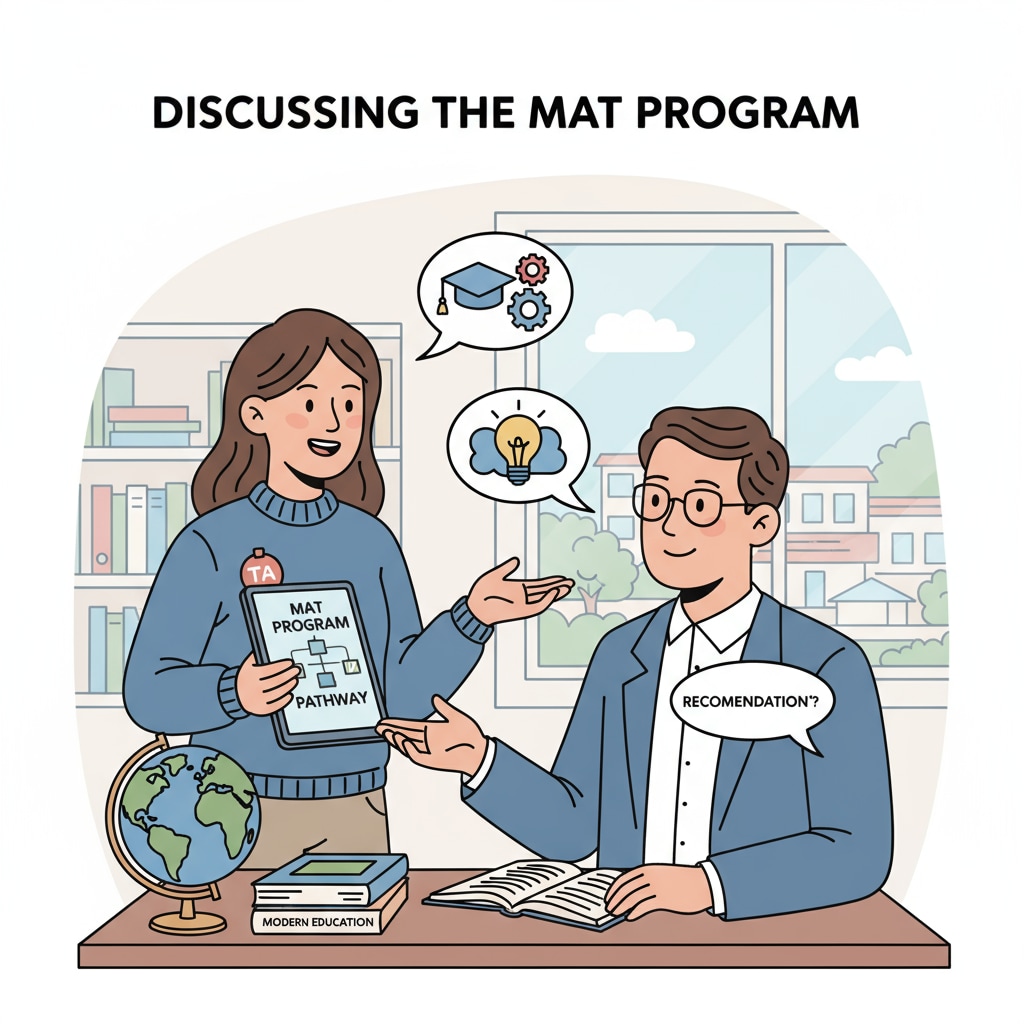For teaching assistants in K-8 schools eyeing an MAT (Master of Arts in Teaching) program, securing strong recommendation letters is crucial. A well-written letter can significantly boost your chances of acceptance into the desired MAT program. Let’s delve into the key aspects of finding the right recommenders.

The Significance of Recommendation Letters
Recommendation letters serve as a powerful endorsement of your capabilities as an educator. Admissions committees rely on these letters to gain insights into your work ethic, teaching skills, and potential for success in an MAT program. A strong letter can set you apart from other applicants. For example, it can highlight your ability to engage students, your dedication to the profession, and your potential to make a positive impact in the classroom. According to ETS research on teacher education admissions, letters of recommendation are often a deciding factor in the selection process.
Evaluating Potential Referees
When considering potential recommenders, it’s essential to assess their suitability. Firstly, think about those who have closely observed your work. This could include your current school principal, who has witnessed your overall contributions to the school. Another great option is a lead teacher you’ve worked closely with. They can speak to your day-to-day teaching abilities and teamwork skills. In addition, consider individuals who can attest to your growth and potential. For instance, a former supervisor from a previous educational role might provide valuable perspective.

As you evaluate, also consider their writing skills and their willingness to put in the effort to write a detailed, positive letter.
It’s important to note that not all potential recommenders are created equal. Some may be more influential in the education field, and their letters might carry more weight. For example, a well-known educational expert who has mentored you could write a letter that catches the attention of admissions committees. On the other hand, someone who doesn’t have a strong connection to the educational community or lacks knowledge of your work might not be the best choice.
Effective Communication with Referees
Once you’ve identified potential recommenders, effective communication is key. Approach them well in advance, giving them ample time to write the letter. For example, if the MAT program has a December deadline, start approaching referees in September or October. Provide them with all the necessary information, such as your resume, academic transcripts, and your reasons for applying to the MAT program. This will help them craft a more personalized and compelling letter. According to Teach.org’s advice on teacher education applications, clear communication with referees is vital for obtaining high-quality letters.
During your conversation with potential referees, be sure to express your gratitude for their time and willingness to help. Let them know how much their support means to you. Also, follow up with them a few weeks after you’ve initially asked. This shows that you’re organized and serious about your application. For example, you could send a friendly email asking if they need any additional information or if they’re on track to meet the deadline.
In conclusion, for teaching assistants applying to MAT programs, finding the right recommenders is a critical step. By understanding the importance of recommendation letters, carefully evaluating potential referees, and communicating effectively with them, you can increase your chances of getting accepted into the MAT program of your dreams. Remember, a strong recommendation letter can be the difference between getting in and being left out.
Readability guidance: This article uses short paragraphs and lists to summarize key points. Each H2 section provides a list of important aspects. The proportion of passive voice and long sentences is controlled, and transition words are scattered throughout the text to enhance readability.


